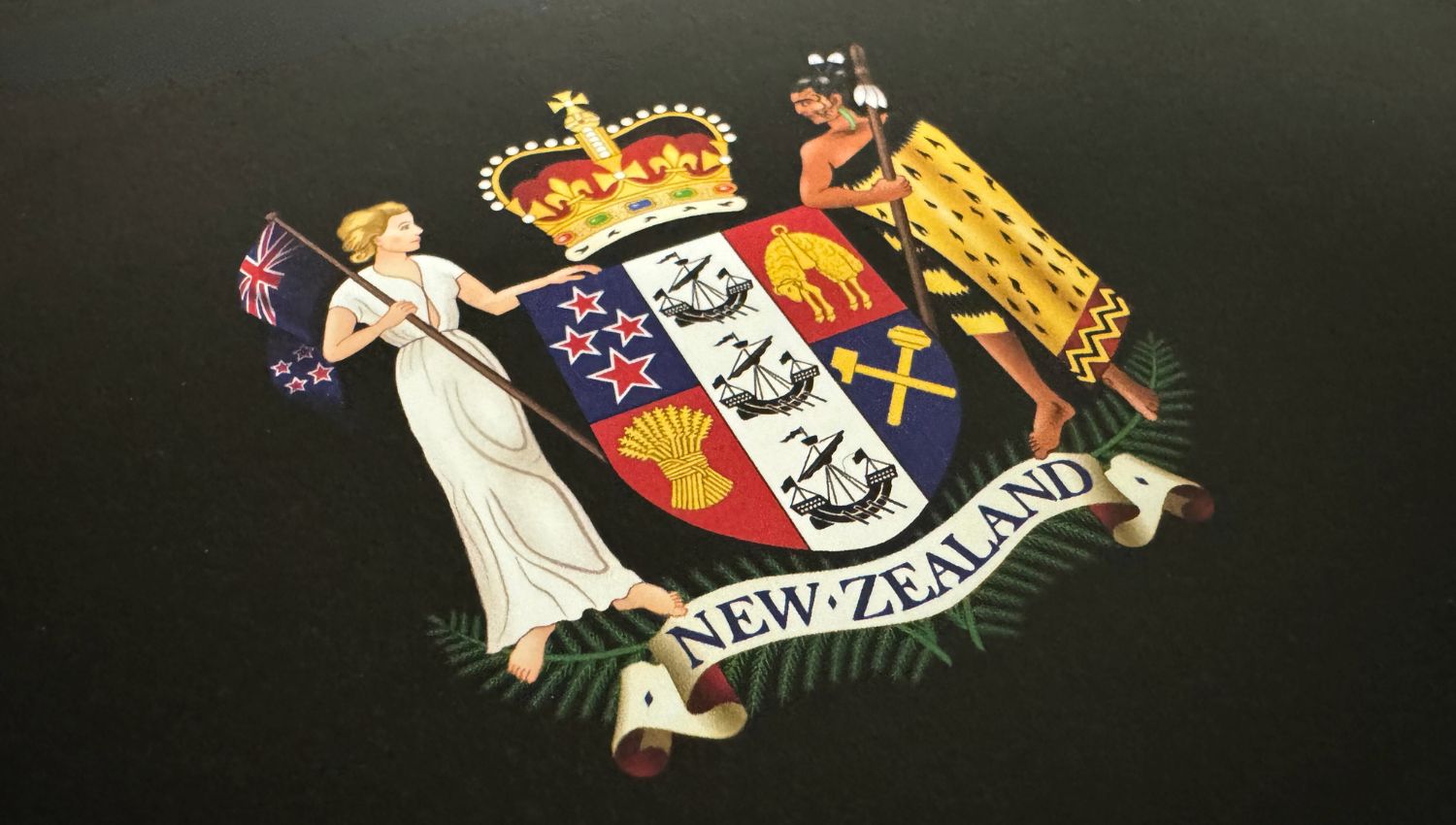Baigent’s Damages
Lawyers are used to talking about historic cases by referring to the main parties to a proceeding. Names like Crown v Brown and Collins v Smith are common place, even for important cases. However, in the history of the law there are a handful of cases that are referred to with special names. Some of these names are descriptive, like the so called Ship Money Case that in many ways triggered the English civil war, while others carry the name of an important participant. This is the case with the example of Baigent’s case.
Legal origins
Baigent’s case was an important step in the development of New Zealand’s human right law. It was the case that first recognised the Courts power to award compensation to people who had been the victim of government actions in breach of the New Zealand Bill of Rights Act 1990 (the Bill of Rights). Its official description is Simpson v Attorney-General, but it has long been called “Baigent’s case”. The Baigent of Baigent’s care was Mrs Baigent. Although she had passed away by the time the Court of Appeal released its judgment in July 1994 it was her experience during an unlawful police search that lead the Court of Appeal to confirm that claims for damages for breaching the Bill of Rights were available in New Zealand.
Mrs Baigent’s story has a simple beginning. She was the victim not of a mistaken of identity but of a mistaken address. A police officer, acting on a tip about a tinny house, mistakenly identified her address as the address of a suspected drug dealer. A search warrant was issued for the address and the police went to search it. When the police arrived at Mrs Baigent\'s home she was not there, but her son informed them that they had the wrong address. He spoke to his sister (a Wellington lawyer) who also explained that the address belonged to Mrs Baigent. Despite this the police were heard saying “we often get it wrong but while we are here we will have a look around anyway”, and this is exactly what they did. The police searched the address and found nothing.
The Court of Appeal was asked to answer the question of whether Mrs Baigent’s claim for compensation for the unlawful search should be struck out as having no proper legal basis. Ultimately, the Court found that it was open to New Zealand Courts to give an award of damages for breaches of the Bill of Rights. Although not required to make a decision in that particular case, President Cooke of the Court of Appeal suggested that an award of something less than $70,000.00 would probably be appropriate. The Court was never required to decide the question as the matter was (it is understood) confidentially settled some time later. Despite this, the case has become an important part of New Zealand’s Bill of Right jurisprudence.
Baigent’s place
Since Baigent’s case there have been dozens of claims for compensation after breaches of the Bill of Rights. The breaches cover a wide variety of state actions. Many relate to excessive use of force or degrading treatment by government agencies, like the police or the Department of Corrections. Others relate to unlawful seizures and breaches of fair trial rights. The awards that have been given for these claims vary. The largest – for a criminal defendant who was sentenced to a long prison term for minor offending under the former three strikes law – was $450,000.00. Other awards have tended to focus on emotional harm and often measure in the thousands or tens of thousands.
Baigent’s case and what are often called “Baigent’s damages” are an important part of holding the government to account and upholding the Bill of Rights. While a range of other remedies exist – for example, declarations that either a particular law does not comply with the Bill of Rights or that government actions have breached the Bills of Rights, and orders to reverse or stay decisions in breach of the Bill of Rights – many of these tools only prevent breaches from continuing. In cases where the parties have suffered real harm, the availability of financial compensation is the only tool that really exists to remedy what has gone wrong.
How we can help
Holland Beckett has experience acting for claimants in Baigent’s damages cases resulting in both Court ordered compensation and confidential settlements. Holland Beckett has also advised government bodies about compliance with the Bill of Rights to ensure damages claims cannot be made.
This is a complex area of the law and Holland Beckett is available to assist both in advising people who feel their rights have been breached and agencies that want to ensure they comply with their legal obligations.





